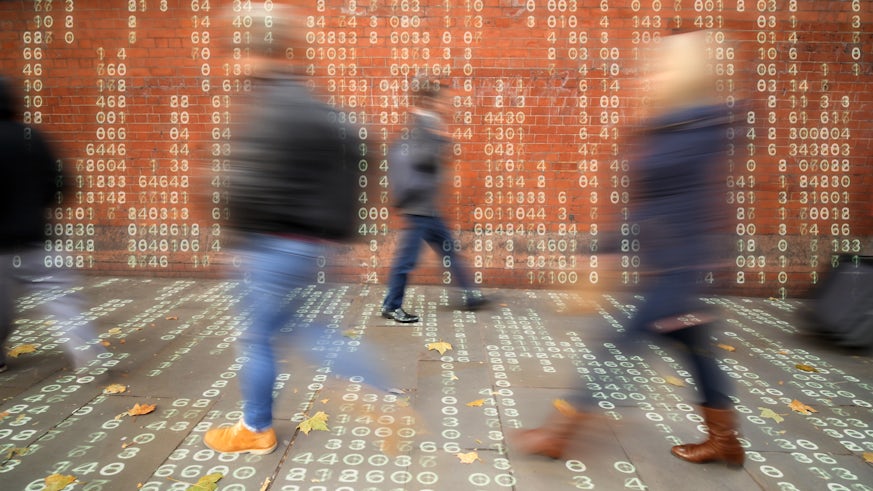Urgent action needed to safeguard the internet for all, says expert
26 April 2018

World leaders must join together to ensure new technologies do not become a means of harm, according to an influential academic in the field of internet governance.
Dr Andrea Calderaro, based in the University’s School of Law and Politics, believes a more connected approach from decision-makers is vital to ensure computer mediated communication do not breach governments, companies or individuals.
The director of the Centre for Internet and Global Politics said: “The issues surrounding cyber-security and how this key issue is approached in the broader internet governance debate are serious ones that aren’t going away. The allegations involving Cambridge Analytica and Facebook and debates around how data is used only signal the start of a much larger discussion around digital policy-making.
“The internet, social media, internet of things, and artificial intelligence hold great potential and are a huge part of modern life. But as recent events have demonstrated, the ways in which these platforms are used pose many urgent questions. Emerging voices from newly connected countries must develop awareness of these issues and have a say.”
“It is vital that those making decisions about how people access the internet work closely to ensure it remains a resource that benefits everyone.”
Questions surrounding how to develop sustainable cyber-security capacity building strategies, will be discussed by key academics and policy-makers during a conference being held at Centre for Internet and Global Politics at Cardiff University this week. This year, the Multidisciplinary Conference on Global Internet Governance Actors, Regulations, Transactions and Strategies (GIG-ARTS 2018), which is being chaired by Dr Calderaro, addresses “Overcoming Inequalities in Internet Governance: framing digital policy capacity building strategies”.
Representatives from the European Commission, UK Foreign and Commonwealth Office, Chatham House, International Telecommunication Union (ITU), ICANN, UNESCO, DiploFoundation and the Global Commission on the Stability of Cyberspace, will be present. As well as hearing opinions from key scholars, they will have the opportunity to discuss how they can work together to answer some of the most pressing problems around cyber security.
Dr Calderaro, who recently gave evidence at the House of Lords’s International Relations Committee, addressing the relation of cyber-security to foreign policy, said: “This is the first conference where we are trying to really identify what cyber capacity building is all about.
“Bringing leading academics and policy-makers together will help shape unified strategies to support newly connected countries as they form their digital policy frameworks, and further develop their active role in the overall global internet governance debate.”
During the conference, there will be an opportunity to discuss the preliminary outcomes of two key projects which the Centre for Internet and Global Politics is contributing to. The EU Cyber Capacity Building Handbook, soon to be released by the European Commission (EC), will be the first time the EC has provided guidelines on how to develop cyber capacity across the globe.
Unesco’s Internet Universality Indicators, will help measure a country’s progress in achieving key principles based on accessibility and inclusivity.